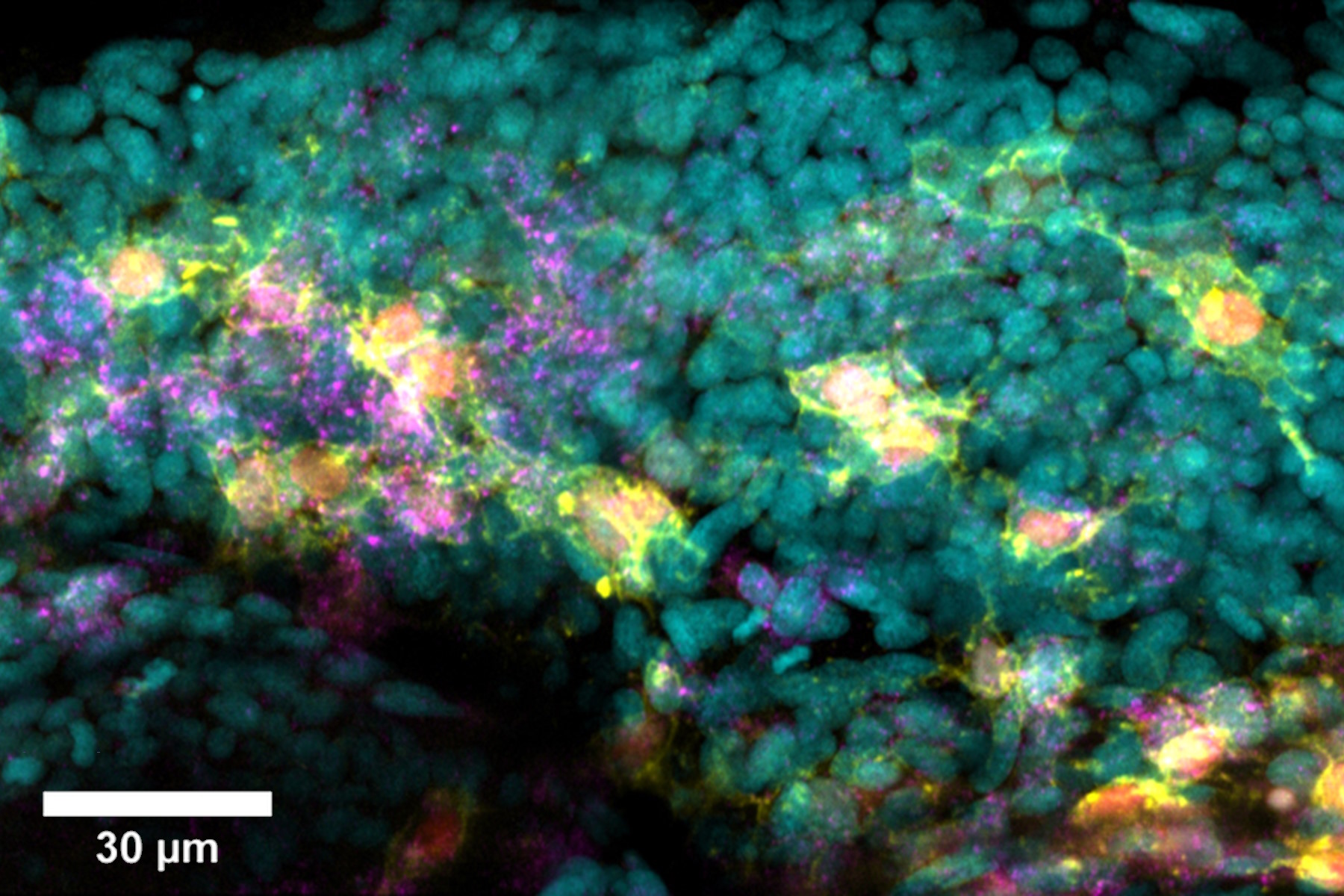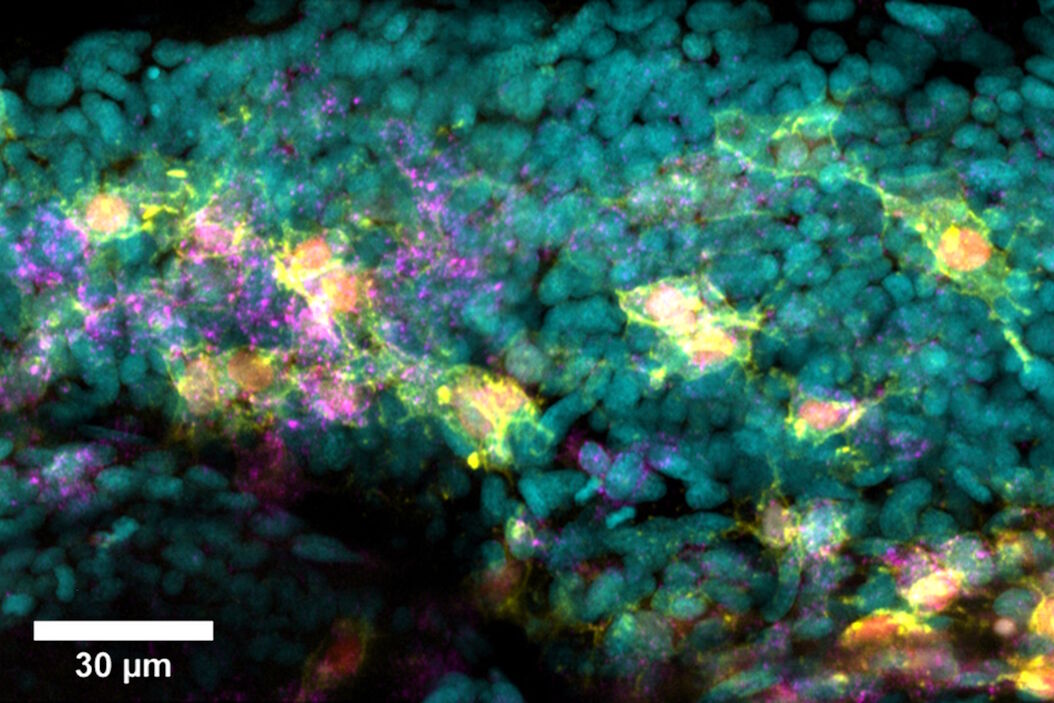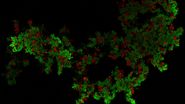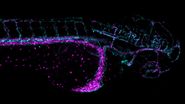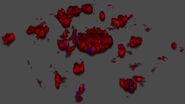Chris obtained his PhD from University College London in 1998 and is currently Director of UCL’s Division of Biosciences Imaging Facility. This large state-of-the -art imaging unit serves over 900 researchers from a very diverse range of science disciplines across the whole of UCL and number of external UK universities. The unit has 10 confocal microscopes, including super-resolution confocals, 2-Photon, SIM/PALM/STORM/TIRF, Lighsheet, High content imaging, Slide scanner, Raman and X-Ray CT. Chris’s research interest began in the field of neuroanatomy, studying the effects of aging and caloric restriction in the central and peripheral nervous system at the Royal Free Hospital School of Medicine. Chris moved to UCL in 2002, his research being focused on studying the role of connexins in wound healing and cancer cell biology and the role Wnt/calcium signalling in cancer aetiology.
